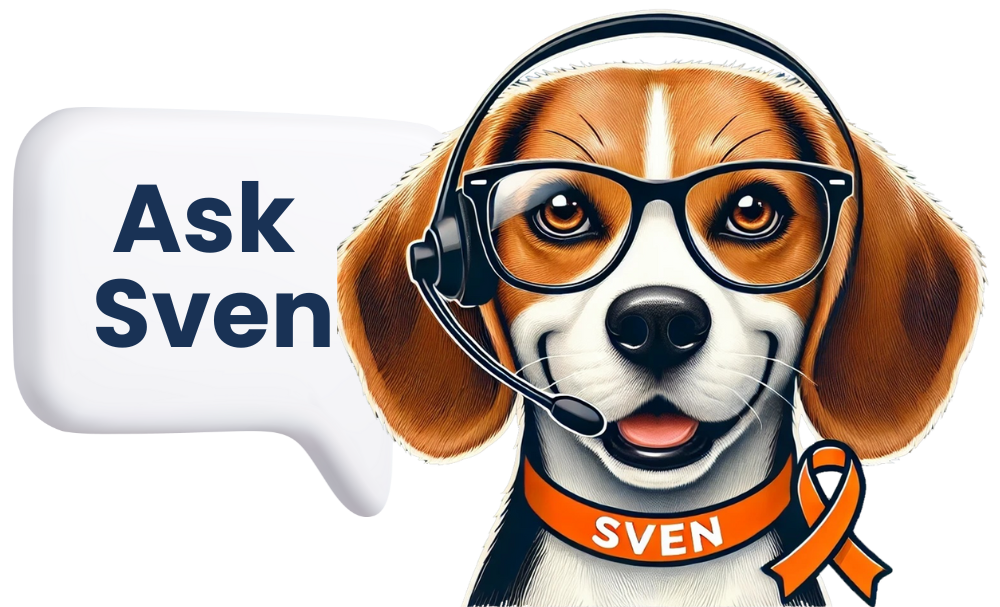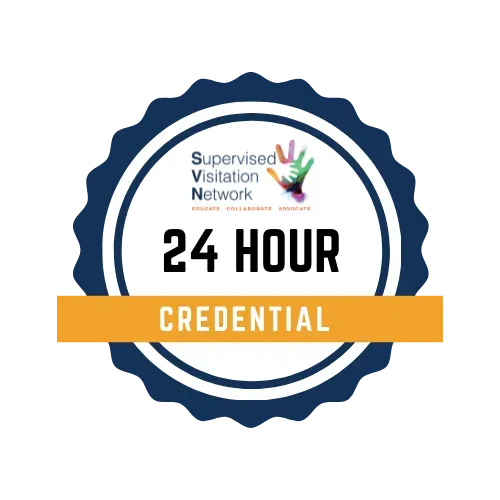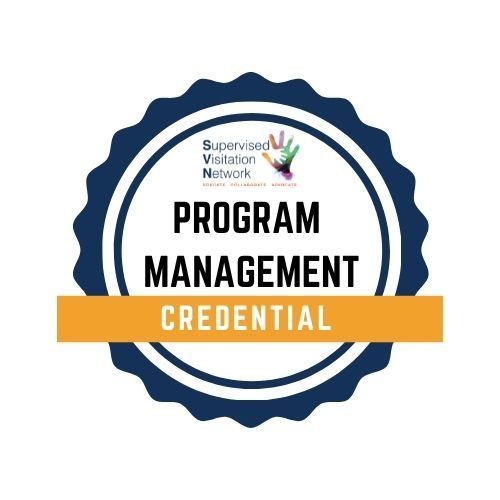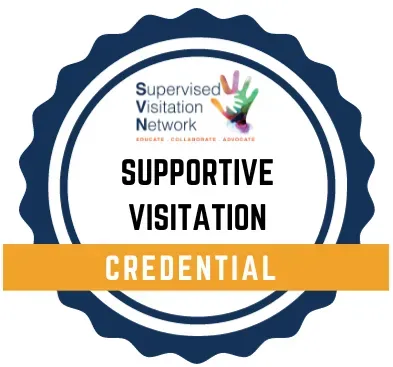24 Hour Certificate Training: Offered monthly in a virtual, interactive format, this program includes 4 hours of on-demand learning (pre requesites) and 20 hours of live, virtual instruction led by expert faculty.
This 24 Hour foundational certificate meets training requirements for SVN Members providing or supervising direct services. Participants gain essential knowledge in SVN Standards, ethics, safety practices, child and family dynamics, mandatory reporting, and professional documentation—preparing them to confidently support children and families in supervised visitation and exchange settings.
The course provides foundational knowledge related to child and family dynamics, including basic stages of child development; the impact of separation, divorce, and family disruption; and grief and loss associated with parental separation or removal from the home due to abuse or neglect. Participants will also explore cultural sensitivity and diversity, family violence and domestic violence, child abuse and neglect (including child sexual abuse), and substance abuse as they relate to supervised visitation.
Additional topics include providing services to parents and children with mental health conditions, developmental disabilities, or other physical or emotional impairments, as well as parent introduction and re-introduction, parenting skills, assertiveness training, and conflict resolution.
The training emphasizes practical skills such as recognizing safety concerns, understanding when and how to intervene during visits or exchanges, observing parent–child interactions, and preparing clear, factual observation notes and reports.
$425 SVN Members / $550 Non SVN Members
View the event calendar for upcoming training dates





